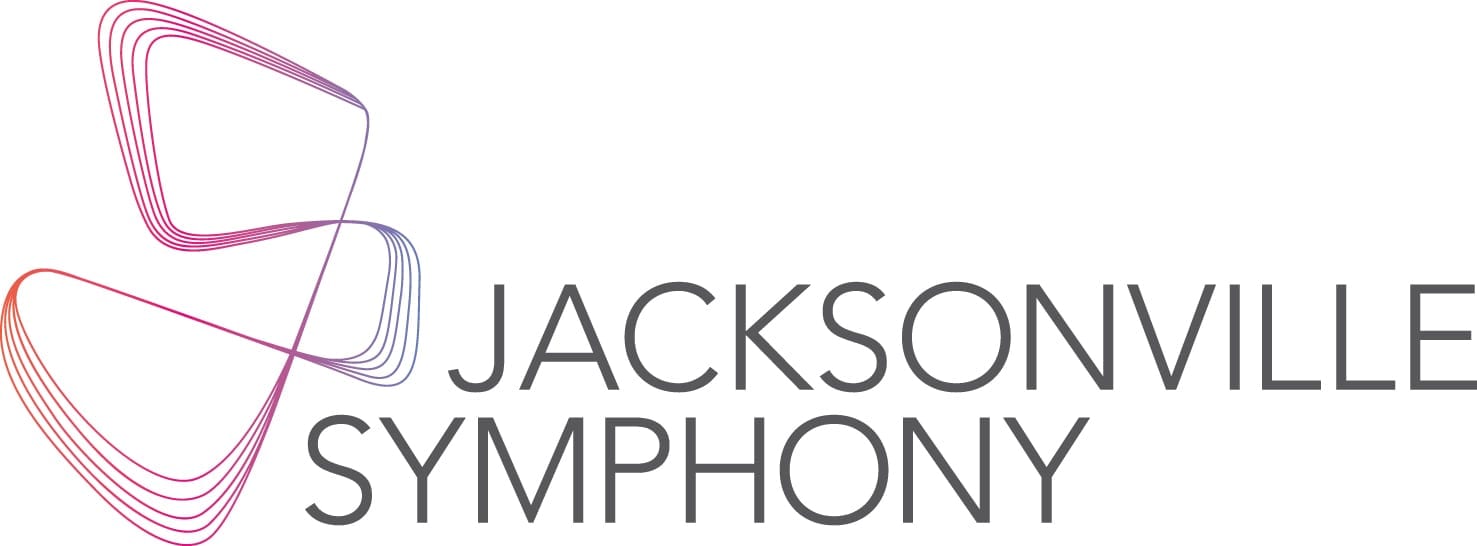Courtney Lewis, Music Director of the Jacksonville Symphony
This weekend, I head to France to spend six weeks conducting a very exciting new ballet with music by the English composer, Thomas Adès, for the Opéra national de Paris at the famous Palais Garnier. Inspired by Dante Alighieri’s 14th century epic poem, “The Divine Comedy,” “The Dante Project” is a rarity in new music: a piece that lasts the whole evening. Clocking in at 90 minutes, “Dante” is a ballet in three acts, each depicting a locale of the afterlife: Inferno (Hell), Purgatorio (Purgatory) and Paradiso (Heaven). With choreography by Wayne McGregor, the acclaimed British choreographer, the ballet made its debut at the Royal Ballet in Covent Garden, London, last year and now enters the repertoire of the Paris Opera Ballet with performances throughout May.
Thomas Adès should be no stranger to Jacksonville audiences. Throughout my time at the Symphony, we’ve performed his music more than any other living composer and will continue to do so. I grew up admiring Adès; one of my first CDs was Simon Rattle’s recording of his masterful orchestral piece “Asyla,” which we performed in Jacksonville in 2016. Now in his early 50s, Adès is undeniably one of the greatest composers of our time, and his music is performed around the world with astonishing frequency. In an atmosphere in which we hear constantly about classical music’s demise and how much audiences dislike the new, the unwavering profundity, beauty and sheer success of his music stands as a powerful rebuttal and a reminder that in any generation, there has only ever been a handful of composers whose work genuinely speaks to the public.
The first act of “Dante,” “Inferno,” is a terrifying but titillating romp through Hell. Adès relishes the opportunity to paint musical pictures of those whose earthly sins have led to eternal damnation: “The Gluttons, in slime,” “The Deviants, on burning sand” and “The Thieves, devoured by snakes” are especially thrilling. As always, the music is at once extremely complex and technically demanding while having a crystal clear, immediately comprehensible musical meaning. Replete with references to other music, one often has the sense of hearing a familiar phrase or gesture through the auditory equivalent of a glass prism with everything distorted and fractured in a completely fantastic way.
“Purgatorio,” the waiting room for those who are to be purified before entering Heaven, makes use of a recording of a Jewish rabbi singing prayers at the Ades Synagogue in Jerusalem. The prayers alternate with wild dances before the chosen begin their calm Heavenly Procession into “Paradiso.” In Dante’s poem, “Paradiso” is made up of consecutively higher circles of beings, each holier than the one before, until we reach God, who is so holy as to be indistinguishable from light. In a dazzling technical feat, Adès spins the entire third act as a single rising sequence: that is, a series of rising notes that continue to rise for almost thirty minutes without ever returning to their bottom. This is the musical equivalent of looking at a never-ending Escher staircase. At the moment in which we enter Empyrean, the highest place in Heaven, a woman’s chorus enters, singing unabashedly in C major, their gentle dissonances somehow summarizing a millennium of Western choral music. The effect is absolutely shattering; I burst into tears the first time I heard it.
Equally effective as a concert score without dancing, a recording of “Dante” is released next month, performed by the Los Angeles Philharmonic and Gustavo Dudamel. I encourage you to listen. There is nothing like the excitement of discovering something wonderful and new, and when you’re in the hands of a great composer, this can happen in classical music just as often as in any other art form. I can’t wait to bring some of “Dante” to Jacksonville over the next few seasons.
Courtney Lewis conducts “The Dante Project” at the Opéra national de Paris on May 5, 6, 29, 30 & 31.

